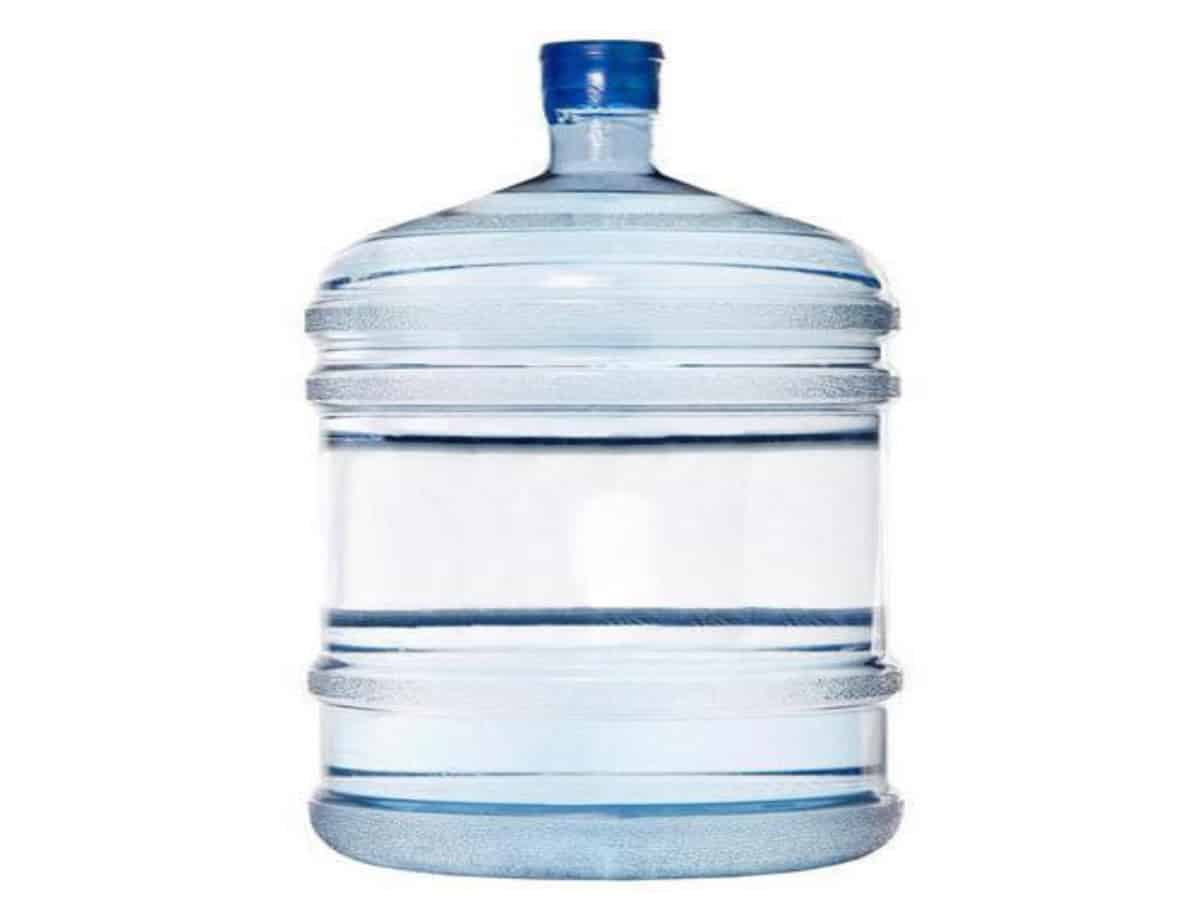Hyderabad: Easier access and a sharp increase in demand have resulted the mushrooming of mineral water plants across Hyderabad, with almost every major area having one plant. With availability more than the actual demand, interestingly, the cost of the private mineral water supply has in fact come down, with one liter of water now being sold for just Rs 2.
However, the cheap price also runs a risk of people drinking unsafe or uncertified water, as owners of these plants rarely apply for ISI certification. The authorities from the civic bodies too have information of the number and the location of these plants and if the owners are actually supplying clean drinking water.
As many as 6,000 water plants are known to operating in small shops, open grounds, in the parking of apartments across the city with no proper certification. The water plants filter the borewell water in huge containers by adding purifies and then fill it in 25 liter bottles with a plastic seal cap.
There is also no check on the kind of purifying agents used.
“The demand for mineral water increased multifold amid the ongoing pandemic because of which we also started offering free home delivery. Almost 60 percent of people in our area prefer this water,” said Mohammed Nayeem, who owns one plant in Tolichowki.
To set up a mineral water plant, one needs an investment of about Rs 20-25 lakh if the enterprise goes for an ISO certification and other permits. However, most of the firms do not go for these certifications. Without the required permits, it takes about Rs 3-Rs 4 lakh to set up a plant, said a plant owner, who requested anonymity.
For an illegal mineral water business, every 20 litres will cost Rs 3-Rs 4 and each can is sold for anywhere between Rs 30 and Rs 20. Meanwhile, the ones with ISI marks are sold at Rs 45-50 and the branded ones are sold at Rs 65-80.
When asked if they were sure about its purity one of the customers said, “It is filtered water and we are getting it at such low cost. What else can we ask for?”
An official, who did not want to be quoted, said if one goes for the ISI certification, then the standard monitoring team comes every two months for checks. Besides, there are certain mandatory conditions to follow including a minimum plant area of 300 sq. yards and separate rooms for filtration and hygiene procedures.

